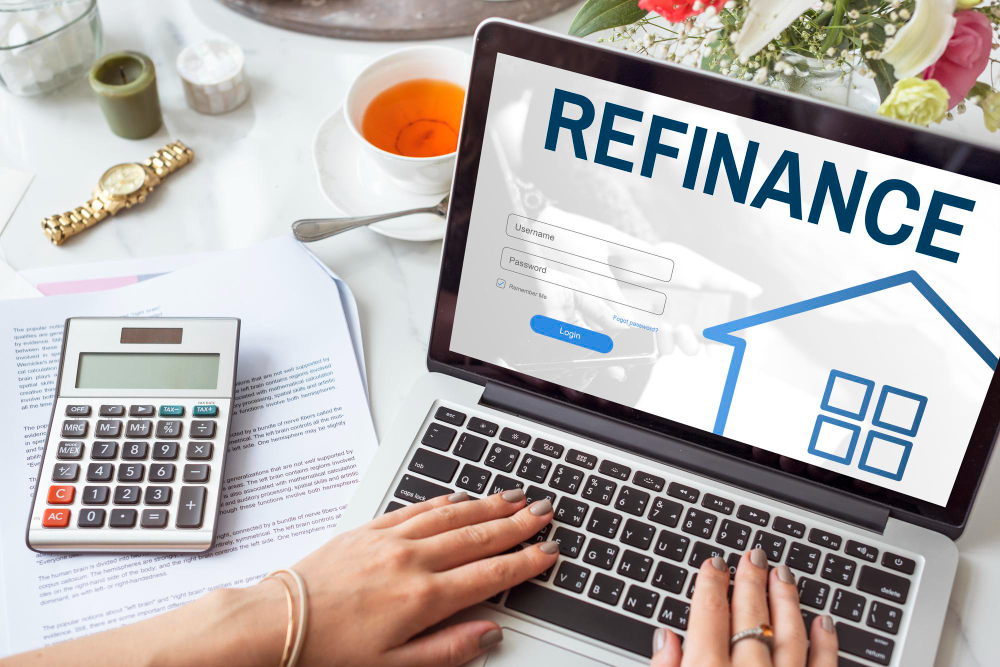When you want to get out of debt, you have limited options. You can do nothing and wait for your debtor to take you to court, or you can be proactive and pay down what you owe over time.
If you’re looking for ideas to eliminate debt as quickly as possible, try the following tips.
1. Sell some assets
Do you have any assets lying around that you can sell to pay off your debts? Maybe you have a collection of toys, baseball cards, guitars, handbags, or name-brand clothes that you can sell for cash.
Or, maybe you have larger assets, like a boat or a jet ski. The larger the asset, the more debt you can eliminate at one time. Some people even sell their home to pay off debts. If you aren’t entirely attached to an asset, consider selling it if the money will significantly reduce what you owe. Whatever you sell, you can always buy another one later. Peace of mind is worth the sacrifice.
2. Pay more than the minimum required payment
Interest should be your primary concern because it will continue increasing until your debt is settled. Paying the minimum amount due each month will drag out the time it takes to pay off your debt, which will only increase the amount of interest you owe.
By paying more than the minimum requirements for each debt, you’ll pay them off faster and avoid excessive interest.
3. Make multiple payments in a period
Once you’ve made your initial payment, it can help to make an additional payment within the same time period. For instance, if you owe a payment every month, make a payment every two weeks.
Of course, if you can pay more with your first payment, that’s ideal for simplifying your record-keeping. However, if you want to pay something with every paycheck, and you get paid every two weeks, making two payments might be easier.
The only potential issue is that you might be liable for additional fees or a prepayment penalty. Always check with your lender first before making higher payments. If you can consistently make higher payments, penalties might be worth it in the end.
4. Pay the most expensive debt first
Remember that interest rates are everything when it comes to debt. So, focus on paying the loan with the highest interest rate first. Don’t skip payments on your other debts, though. Keep paying the minimum due for all of your obligations, but throw your extra money at the one with the highest interest rate until that one is paid off, and then do the same for the next debt with the highest interest rate.
5. Refinance your loan

Getting your loan refinanced with a shorter term can help you pay what you owe faster and save money on the total you owe. When you refinance, you might qualify for a lower interest rate as well.
Just be aware that shortening the length of your loan will likely make your monthly payments higher, so be sure you can cover it before you make this change.
6. Consolidate your debts
Loan consolidation is a popular option for repaying debts fast when they’ve gone into collections. Generally speaking, the consolidation company negotiates a deal with each of your lenders for considerably less than what you owe. For a set period of time, you pay a monthly fee to the company that covers your debt plus their fee. Even though you pay extra for their services, you still end up paying less than what you owe, and you get your debts completed faster.
While consolidation is effective, be careful when choosing a company. Some have bad reputations, and others are actually providing loans, not consolidations. When you’re trying to pay off your loans, the last thing you want to do is get into more debt.
If your debts are credit cards that are not in collections, you might be able to consolidate them into a new loan with a lower interest rate.
Stay in the present moment
While you’re working on paying down your debts, remember to stay present. Money can be stressful, but don’t let your mind wander down a dark path or worry about things like recovering or increasing your credit score until you’re completely out of debt.
Paying off debt takes time and patience, and as long as you make a consistent effort, you’ll achieve your goal.
Featured Image by Tumisu from Pixabay
